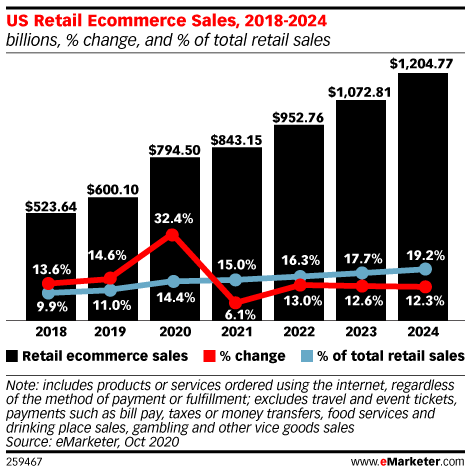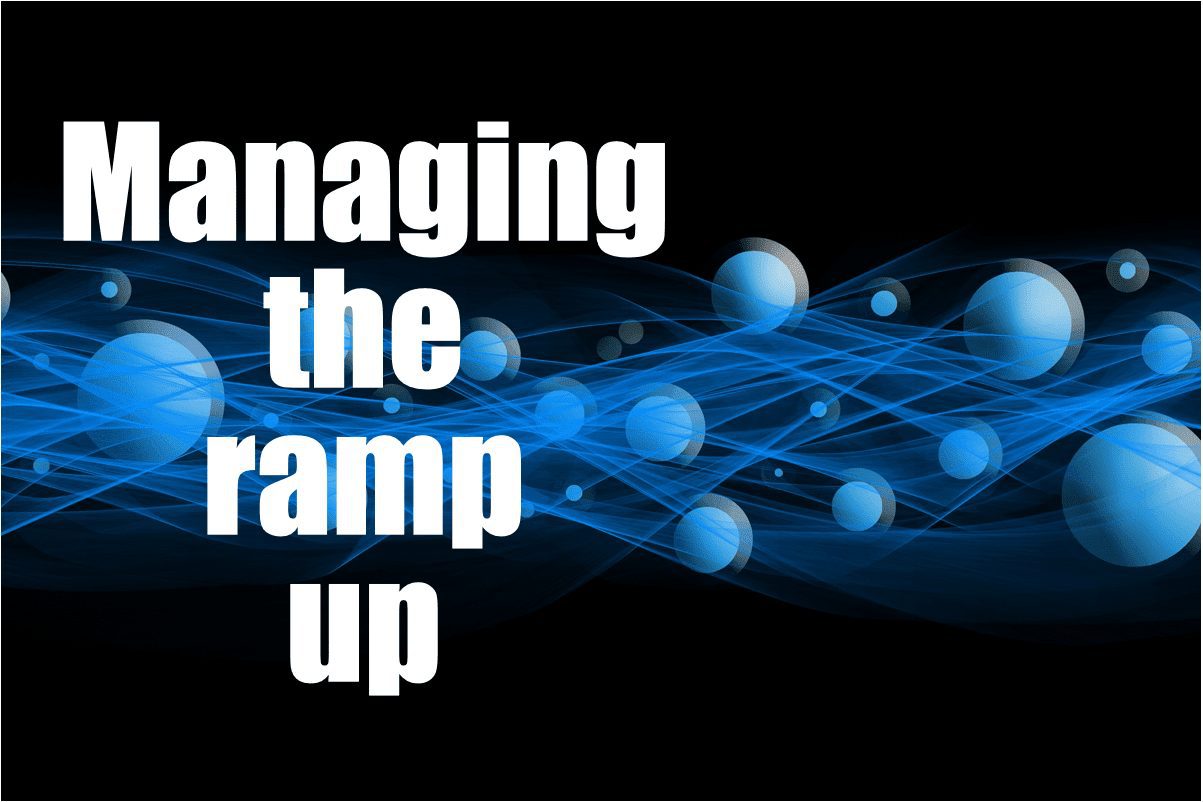As cities, governments, countries and their people gradually ease out of the lockdown period of this global pandemic, I have been wondering how companies and their leadership will re-engage and ramp up their businesses? To be sure, no one has ever been through a similar situation. To wit, there is not one living soul who ever experienced as an adult anything similar on this scale. Thus, each of us will have to navigate his or her own path. There are five different areas that I consider of supreme importance for leaders to consider as they roll out.
1/ Establishing business health, and…
The first port of call will be, for most of us, about the numbers. Unless you’re in one of those lucky sectors that benefitted from this pandemic, your business will have undoubtedly suffered a massive blow, throwing on their head all manner of budgeted projections. How’s the cash flow? How are we going to pick up sales again? How will we regain profitability? For the companies that have extra cash on hand, what is the right ethical line with regard to sniping a weak competitor? Something else that will also be on the table: the business model. With so many shops and malls closed, we saw a hockey stick effect for e-commerce. We also saw digital subscriptions for media, such as Netflix and the New York Times, boom. How can businesses futureproof themselves against the next pandemic, for example, by having more online subscriptions or a greater weight of business in eCommerce? [See the eMarketer graph below, updated May 2021]

As we phase out of the lockdown, it will be about commercial issues AND softer more humane questions. The big question will be about how you go about that exercise? Will your mission or North Star be part of the discussion? Staying afloat is a necessary objective, but the trick will be in balancing that end with the means.
2/ Employees First
The next area revolves around your employees/staff. How many of your employees were personally impacted by the pandemic? By this, I am not thinking only of people who have caught the virus (or worse had someone close to them who died). I’m wondering about the different mental health conditions, individuals who experienced a range of different emotions, that will necessarily bleed into their professional considerations. We also saw a widespread incursion of our professional lives in our personal lives. Did you notice that not a single video call, that was nominally professional, could avoid either a more personal warmup, or more humorously, an expected arrival of a pet, kid or home delivery? Our individual lives all of a sudden (and I’d say naturally) were/are part of our professional existence. And vice-versa.

But as an ongoing study by UCL has revealed, contrary to some media narratives, many people say that they have revelled in these locked-down times. People were heard to say things like: “Life is simpler,” “stress is reduced” and “sleep is better.” Surely, many people have thoroughly relished the absence of work-related stress, the lack of the daily road-raging or a packed, smelly tube commute, the opportunity to do a real spring cleaning or the pleasure in tending to one’s garden (as Voltaire encouraged “il faut cultiver son jardin“). In this down time, many employees — including the leaders at the heads of companies — may have spent time reflecting on their lives and their bigger why. Why am I doing what I do? What is the meaning of all this? What is the sense and meaningfulness of my job? What will become of us?
I encourage business leaders to flex their empathic muscles and think carefully about how they welcome back their employees to work. For example, just for starters, many of them will not have had the privilege of second country home to which to abscond. In any event, our experiences have been personal and heterogeneous; and they’ve been quite charged with emotions. Now would be a good time to re-orient your focus and show that you are an employee-first organization that genuinely believes that your people are your best asset.
3/ The future of work is now…

A new way of working is ahead. With many organizations thrust into remote working during the lockdown without proper preparation, people have experienced an accelerated dive-in-the-deep-end of what it’s like to work in a distributed, digitally infused manner. I like to say that in these two months, we have done a virtual digital transformation that would’ve otherwise taken 10 years. In the very same breath, we have also wiped out an enormous amount of wealth, not to mention long-standing businesses, startups and the attendant jobs. Many people will be left traumatised. Even if you might wish to reduce corporate overhead and office space to flip to remote work, such a transformation necessitates reflection and flexibility. For legacy businesses, it’s best not to think of this pandemic as a light-switch moment where you can just turn on remote work going forward. In the same vein, for those who appreciated working from home, mechanically returning to an imposed 9-5 office-based work may not be entirely welcome either. The future of work is more nuanced. And, if the temptation is to turn to robots and artificial intelligence to avoid the messy human relations, I suggest that the programmers would do well to be accompanied by deeply empathic leaders.
4/ How will your customers change?
If within your business you had to mobilize to adjust to the new world order, it’s important to recognize that your customers have also gone through an important cycle. How will your customers’ tastes, habits and desires have changed? Whether it is their financial means, emotional well-being, or attachment to what matters, many customers are bound to come out of this with changed behaviours, mindset and expectations. I thoroughly expect many companies to experience a major shakeup of their customer base, based on the way they operated during the pandemic [as well as how they will approach the period post lockdown]. Especially if your company wasn’t particularly wired to be customer-centric before the pandemic, it will have a quantum gap to fill in the aftermath of this lockdown. Customers will be less likely to flock back to you if, for example, you and your company were perceived as having been awkwardly absent, profiteering or tone deaf in your communications. Given my old days working at L’Oreal, I wonder to what extent women who might have become more accustomed to not wearing so much makeup during the lockdowns will necessarily rush back to load up on cosmetics. If they do, it’s my belief that many will surely be doing it in a different way, with a somewhat different attitude.
5/ What does your brand stand for?
Whether or not the effects of and changes observed during the pandemic last is going to be fascinating to watch. In any event, there has been a renewed focus on several hot topics that, under the pre-Covid environment, achieved what might otherwise be considered as lip service. This would include renewed attention to purpose, social causes, diversity, and the environment and climate change. It would also include a much-needed review of the importance of certain “Frontline” professions, as well as the primary logistics, that make our modern world go round.
As a business leader, there are no doubt many difficult decisions ahead to take. As a brand — that’s all about trust — there’s going to be a renewed focus on what you stand for? Of course, there’ll be those that just manage to blunder on, despite themselves. But, given the turmoil and the massive amount of time to reflect by each of us (as consumer or employee), I see a significant fallout for those brands that have failed to rise to the occasion. If not immediately, certainly over the medium term as star employees start to feel the tug of doing more meaningful work.
There is no doubt that the months, even years ahead, will be indelibly impacted by COVID-19. How leadership chooses to reignite the business, manage the emotions of its workforce–including allowing for a higher sense of self awareness–will be critical to each business’ long-term survival. I foresee much messiness, angst and turnover. In an effort to recuperate, there will be temptations to grab any and all business available, in search of bottomline performance. The question about the HOW and the WHY you’re in business will be primordial. I portend that the road ahead and ramp-up will be decidedly rocky.
***If you like my writing and are interested in fostering more meaningful conversations in our society, please check out my Dialogos Substack. This newsletter will feature articles on why and how we can all improve our conversations, whether it’s at home, with friends, in society at large or at work. Subscription is free, but if you see value in it, you are welcome to contribute both materially and through your comments. Sign up here:











